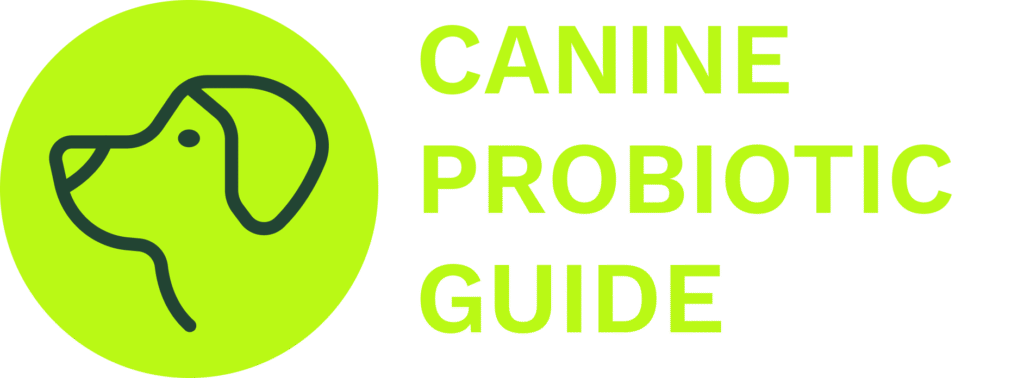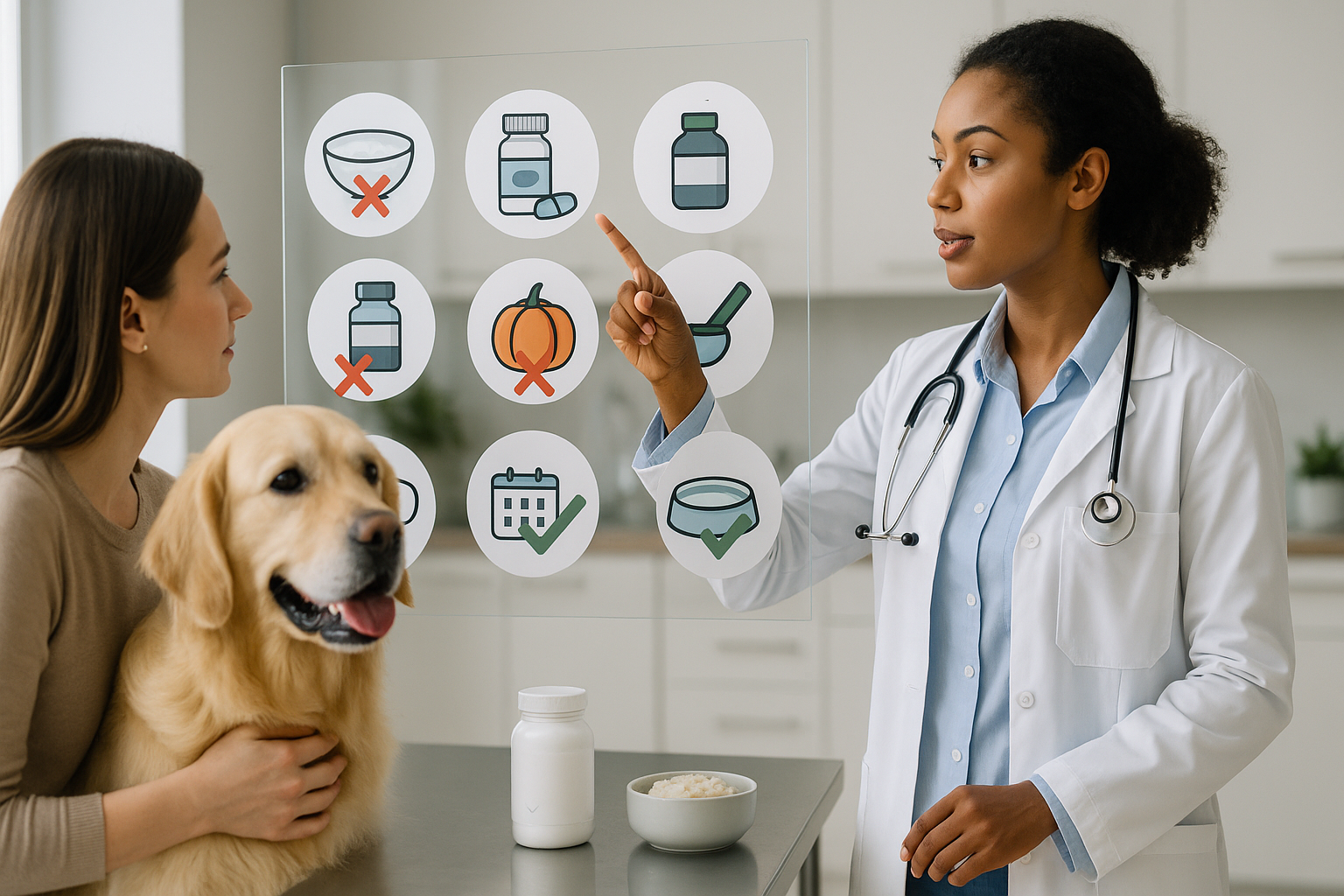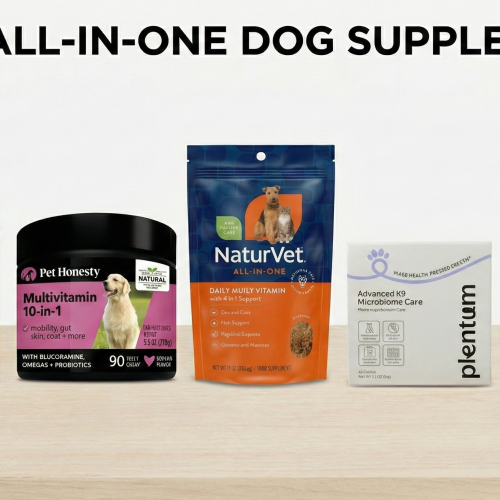Introduction
Pet care tips and wellness products for dogs create confusion among dog owners because they encounter numerous conflicting pieces of information about canine gut health. Pet owners risk endangering their dog’s health through myths that spread widely because they include terms such as “probiotics,” “natural remedies,” and “superfoods.” The separation between real and false information stands as a vital requirement for achieving genuine health improvements for your dog according to expert professionals.
This article debunks five popular misconceptions about canine gut health by offering direction for making knowledgeable decisions about your dog’s health.
Understanding Canine Gut Health
The gut plays a vital role beyond digestion because it functions as the core of a dog’s immune system and nutrient processing and influences emotional state. Achieving optimal gut health requires knowledge of scientific evidence beyond selecting current market products.
The Importance of Myth Busting
Your dog’s healthcare will suffer from ineffective or dangerous measures when you follow gut health trends without scientific evidence. Expert debunking of popular myths enables dog owners to concentrate on beneficial practices which cuts through marketing misinformation and false information.
Myth 1: Probiotics for Dogs Are Always Beneficial
What Experts Say
All dogs require probiotic supplements only when they need specific support for their digestive system. Healthy dogs who receive probiotics after antibiotic treatment or digestive issues will benefit from them but other dogs may not see any advantages. The wrong use of probiotics can lead to additional digestive problems in certain instances.
Situations Where Probiotics May Not Help
- Healthy dogs with no symptoms: The use of probiotics does not address pets whose gut flora remains balanced.
- Chronic digestive disorders: Some underlying issues may require veterinary intervention, not just probiotics.
- Immune-compromised pets: Probiotics can be risky without supervision.
Takeaway: Consult your vet before introducing probiotics for dogs.
Myth 2: All Gut Health Supplements for Dogs Are Created Equal
The Reality of Supplement Quality
Not all supplements are properly tested or regulated. Some products include ineffective or non-specific bacterial strains together with wrong dosage amounts and possibly harmful contaminants. Trustworthy brands support their statements through scientific proof and independent testing along with complete ingredient disclosure.
What to Look For in a Supplement
- Clear probiotic strains and CFU count on the label.
- Expiration date for live cultures.
- Veterinarian recommendation or independently tested products.
Takeaway: Research and vet approval are essential for selecting gut health supplements for dogs.
Myth 3: Canine Digestive Disorders Are Always Genetic
Environmental Factors to Consider
Environmental changes along with stress and infections and dietary alterations can cause digestive disorders in dogs. The influence of genetics exists but they do not represent the sole determining factor in digestive issues.
Dietary Impact on Gut Health
The gut microbiome faces disruption from both hereditary predispositions and improper or low-quality diets. Factors include:
- Sudden diet changes
- Feeding table scraps
- Lack of dietary fiber
Takeaway: Balance and consistency matter just as much as biology for preventing canine digestive disorders.
Myth 4: A Healthy Dog Diet Solely Consists of Meat
The Role of Fiber and Other Nutrients
Dogs are omnivores. The essential protein requirement in a dog’s diet should be complemented by dietary fiber from safe fruits and vegetables and grains because it helps beneficial bacteria thrive and ensures regular bowel movements. A diet that consists only of meat creates potential nutrient deficiencies.
Balanced Diet Recommendations
- Include lean meats, healthy fats, and dietary fiber.
- Consult your vet for breed and age-specific needs.
- Avoid sudden changes; transition new diets gradually.
Takeaway: A healthy dog diet is balanced—not just meat.
Myth 5: Natural Remedies for Dog Gut Health Are Always Safe
Potential Risks of Natural Remedies
The fact that a product contains natural ingredients does not guarantee it will not cause harm to dogs. The combination of herbs and oils and over-the-counter supplements may produce adverse reactions with medications as well as cause allergic responses in dogs.
How to Choose Safe Options
- Always consult your veterinarian before adding new remedies.
- Be wary of internet “cure-all” claims.
- Monitor for side effects.
Takeaway: “Natural” doesn’t always equal safe—expert supervision is key.
Conclusion
Your understanding of canine gut health becomes clearer when you understand the scientific facts behind these five common misconceptions so you can provide evidence-based care for your dog. Consult with your veterinarian before modifying your dog’s diet or supplement program while seeking expert guidance because this provides better care than following hype.







